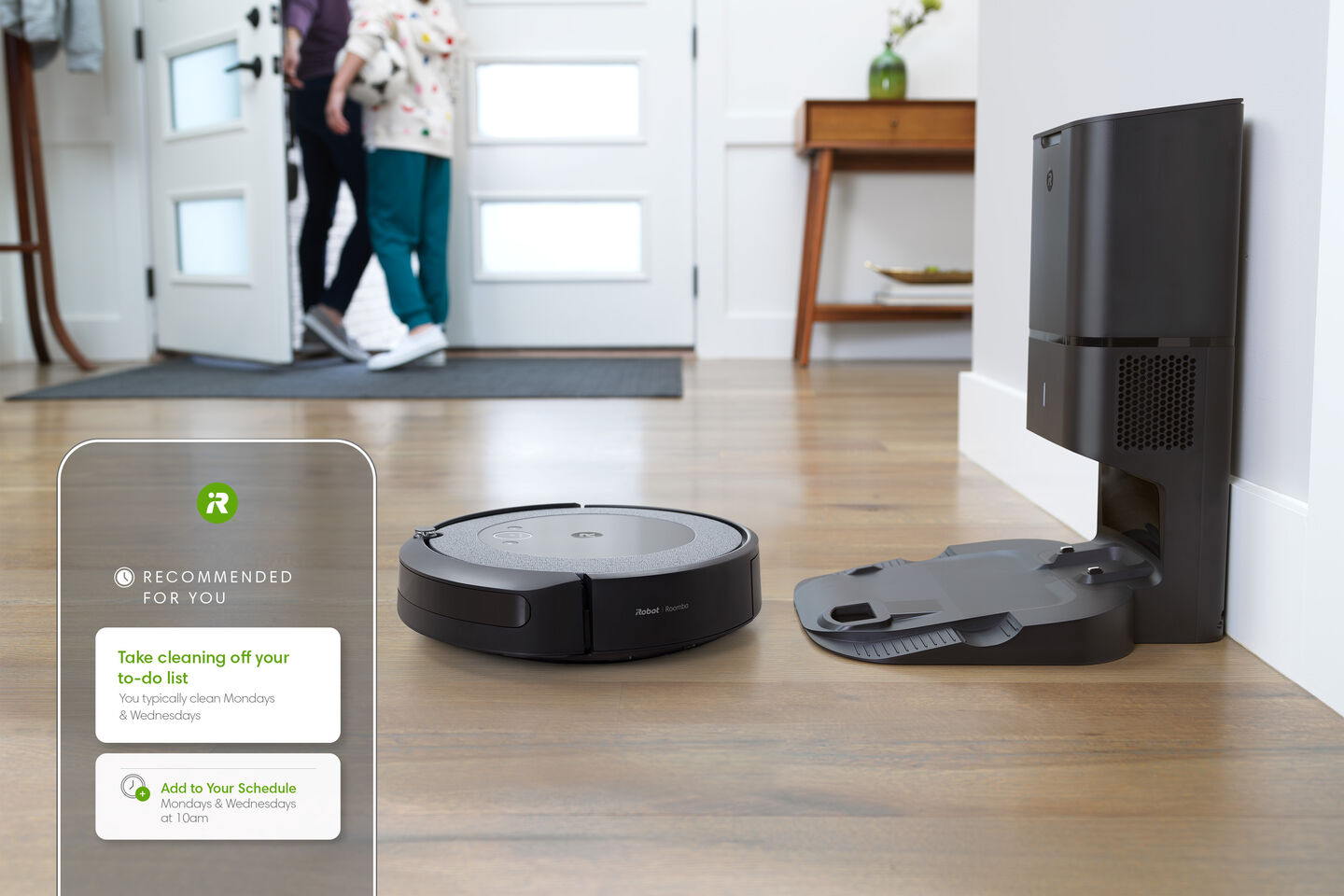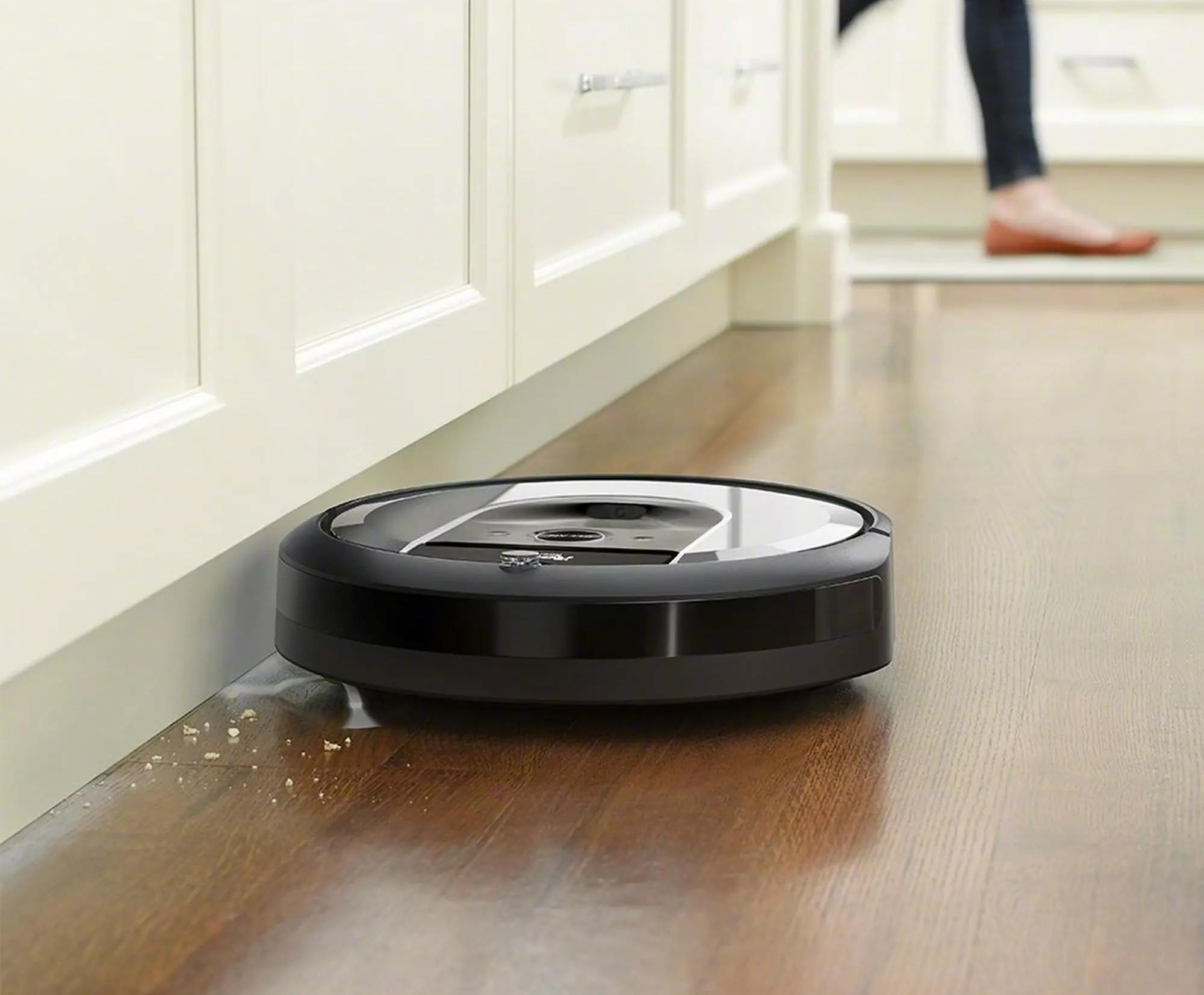European Commission Cites Competition Concerns Over Amazon’s iRobot Deal

Despite reports deal would be approved, European regulators hand Amazon statement of objections to iRobot acquisition
Amazon has been handed a setback by European regulators over its proposed $1.4 billion acquisition of robot vacuum maker iRobot.
It was in August 2022, when Amazon signed a deal to buy Roomba robot vacuum cleaner maker iRobot for $1.7 billion.
And despite recent reports that Amazon was set to win unconditional EU antitrust approval, the European Commission has reiterated its July warning that the deal could reduce competition in robot vacuum cleaners.

Statement of objections
So much so that the European Commission on Monday send Amazon its ‘statement of objections‘ to the deal, saying its proposed acquisition of iRobot may restrict competition in the market for robot vacuum cleaners (‘RVCs’).
It said that Amazon provides an online marketplace (the Amazon Stores), which allows retailers to advertise and sell products (including RVCs) to customers.
It said that as a result of its investigation that began in July, “the Commission is concerned that Amazon may restrict competition in the European Economic Area (‘EEA’)-wide and/or national markets for RVCs, by hampering rival RVC suppliers’ ability to effectively compete.”
In particular, the Commission found that:
- Amazon may have the ability and the incentive to foreclose iRobot’s rivals by engaging in several foreclosing strategies aimed at preventing rivals from selling RVCs on Amazon’s online marketplace and/or at degrading their access to it.
- Amazon may have the incentive to foreclose iRobot’s rivals because it may be economically profitable to do so. The merged entity would likely gain more from additional sales of iRobot RVCs, than it would lose from fewer sales of iRobot’s rivals and other related products on Amazon. Such gains include benefits from additional data gathered from iRobot’s users.
- Such foreclosure strategies could restrict competition in the market for RVCs, leading to higher prices, lower quality, and less innovation for consumers.
The Commission said it closely cooperated with other competition authorities during both the initial investigation and the in-depth investigation and will continue such cooperation during the remainder of the in-depth investigation.
The sending of a Statement of Objections does not prejudge the outcome of the EC investigation, and Amazon now has the opportunity to reply to the Statement of Objections.
The European Commission has until 14 February 2024 to take a final decision on the matter.
Other investigations
Soon after Amazon had announced it would acquire iRobot, the US Federal Trade Commission (FTC) requested more details on the deal, and began a review of the acquisition, amid concern at the amount of home data Amazon would potential acquire.

In March this year it was reported that the FTC was weighing whether to challenge the acquisition of iRobot – with the agency’s staff attorneys apparently leaning toward suing to stop the deal.
It comes after a group of 20 campaign bodies in 2022 had urged US antitrust regulators to stop Amazon’s proposed acquisition of iRobot.
In an open letter the groups warned Amazon could sell Roomba devices “at or near a loss” via its Prime subscription service in order to “access more personal consumer data to buttress its anti-competitive advantages online”.
This would harm users’ privacy while giving Amazon an unfair advantage over competitors who don’t have access to that data, the groups had argued.
UK approval
Authorities in the UK (the CMA) also announced in April 2023 that it was considering whether the deal could reduce competition in the connected device market.
But in June the UK regulator concluded, after a preliminary investigation, that the deal would not lead to competition concerns in the UK.
The CMA found that iRobot’s market position in the supply of robot vacuum cleaners in the UK is modest and that it already faces several significant rivals, and that it lacked the incentive to use its position to disadvantage rival robot vacuum cleaner manufacturers.
The ball is now in Amazon’s court to respond to the European Commission concerns.